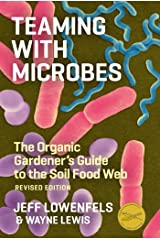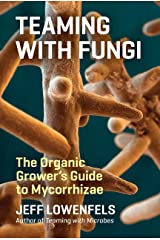Bou
eXtreme
Leaf miners sucks; they are protected once they get inside the leaves so you have to use heavy chems that will be absorbed py the plants if you wanna get rid of them at this stage. Chemicals sucks though and pepper critters too!Takanotsume said:Been trying all kinds of different scented soaps in my pest sprays and leaving various plants nearby to see if anything keeps those accursed leaf miners off of my peppers, but nothing seems work.






